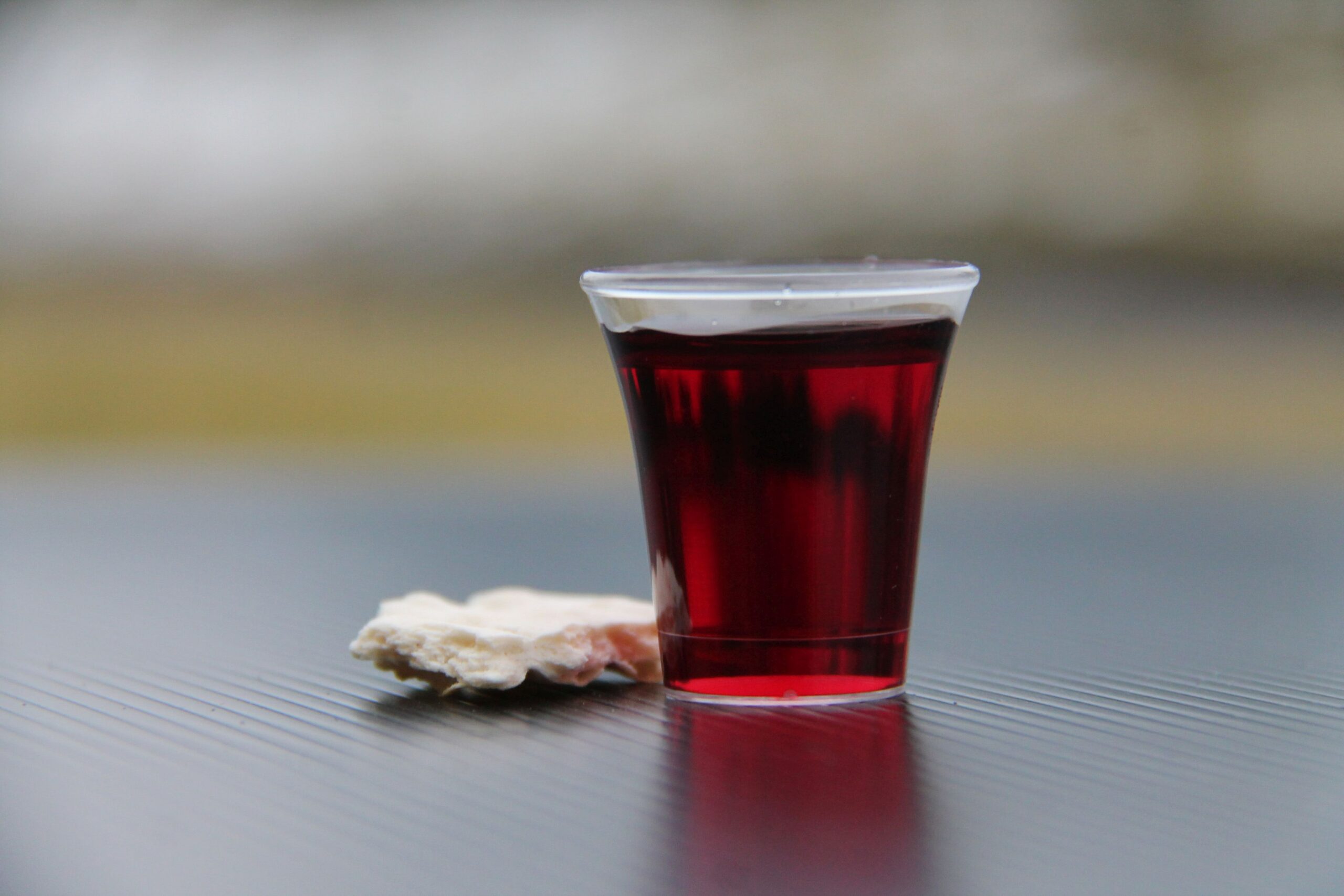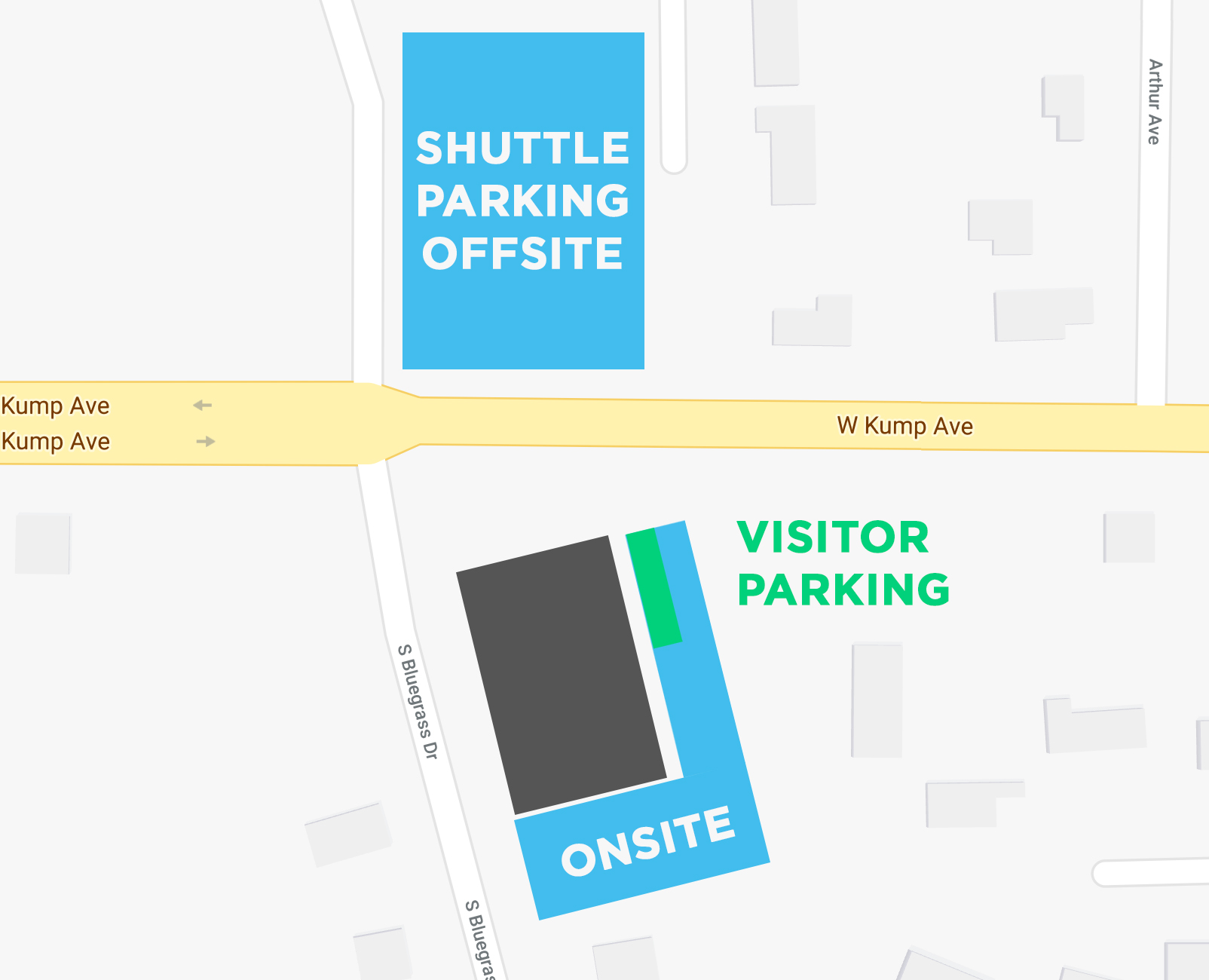Every so many weeks at Fellowship West, we take the Lord’s Supper together during service. If you are a believer in attendance, no matter where you normally attend church, we invite you to join with us. It is an act of worship, demonstrated by both Christ before His sacrifice on the cross(Matt 26, Luke 22) and by Christians in the early church (Acts 2, Acts 20). The apostle Paul also gave instructions for Christians taking part in the Lord’s Supper (1 Cor 11:17-29).
Worshipping without being intentional does nothing beneficial for the spirit of the believer, and it certainly does not please or glorify Christ. Before you take Communion/ the Lord’s Supper, we want you to strive to understand the meaning and the benefits. Here’s a small segment of a great article by John Piper (full article here). My hope is that this will open your eyes to why God wants us to participate in this, and that when we have Lord’s Supper at Fellowship West, you will be able to walk in obedience and receive all the blessing therein. Enjoy!
(Scroll down to read about how to explain Communion to your kids!)

1. Proclamation (1 Corinthians 11:26)
1 Corinthians 11:26, “As often as you eat this bread and drink the cup, you proclaim the Lord’s death until he comes.” “This is my body” means: By this representation of my broken body you proclaim my death for sinners until I come. You proclaim the gospel. The bread and cup proclaim the saving death AND resurrection of Christ (because “until he comes” implies the resurrection). (We will see next week how the triumph of the resurrection is implicit in the Lord’s Supper.)
2. Remembrance (1 Corinthians 11:24, 25)
1 Corinthians 11:24 and 25, “Do this in remembrance of me.” “This is my body” means: Let this representation of my body and blood remind you of me. First, the death of Christ is proclaimed. And then by this proclamation we are reminded of Christ. Remember me, Jesus says, sitting with you in fellowship. Remember me being betrayed – and knowing all along. Remember me giving thanks to the God who ordained it all. Remember me breaking the bread just as I willingly gave my own body to be broken. Remember me shedding my blood for you so that you might live because I died. Remember me suffering to obtain for you all the blessings of the new covenant. Remember me promising that I would drink this fruit of the vine new in the kingdom (Mark 14:25). Let the memories of me, in all the fullness of my love and power, flood your soul at this table. Which leads to the third and final meaning of the words, “This is my body.”
3. Feast by Faith (John 6:35)
John 6:35, “I am the bread of life; whoever comes to me shall not hunger, and whoever believes in me shall never thirst.” “This is my body,” means, as you eat this bread and drink this cup come to me and believe on me. That is, sit with me at table and trust me to be your life-sustaining food and drink. Let the proclamation of my death and remembrance of all that I am for you awaken faith and draw you into deeper communion with me. “This is my body,” and “This is my blood,” mean eat spiritually, that is, eat by faith. That is, feed your soul on all that I am for you. Nourish your heart on all the blessings that I bought for you with my body and blood (see 1 Corinthians 10:16). That is what faith is: faith is a being satisfied in all that God is for us in Christ. Christ has given us the Lord’s Supper to feed us spiritually with himself.
So, even though I think it is dangerously wrong to say that the bread and the blood turn into the physical, incarnate body of Jesus, nevertheless, I am not saying that what happens in the Lord’s Supper is mere, intellectual recall of facts. The supper proclaims. And faith comes by hearing and seeing and tasting that proclamation. And faith is a spiritual feasting on the risen, living Christ so that all that God is for us in him satisfies our soul, and sweetens our love for him, and breaks the power of sin in our lives.
Let’s love the Lord’s Supper together. And let’s love Christ more and more as we meet him there together.
How to explain communion to children
4 things you need to know:
- Communion is reserved for followers of Christ. Take them to passages like 1 Cor. 11:23-26, where Jesus is addressing His followers about how communion is something that they would do together. Explain that communion is to be done by every Christian, and that Christians are supposed to do it together as the church.
- The purpose of communion. Look at the Scriptures together, pointing out that Jesus wants Christians to remember Him through communion, and that they should continue to do this until Christ returns again. Good passages to look at would be Matt. 26:26-98; Luke 22:19-20; and 1 Cor. 11:24-26. As we remember Jesus (focus our mind and desire on Him), He gives us grace by renewing our strength, putting things into perspective, and helping us live for him all the more.
- The symbolism of body and blood. Because children usually don’t begin to develop abstract thinking capabilities further until they have reached the upper elementary or junior high years, they won’t be able to understand clearly how the bread and drink are not actually the physical flesh and blood of Christ. It will be somewhat confusing. However, you can explain that they are symbols. This might lead to more questions, at which point it is perfectly acceptable for you to take the opportunity to explain that we really don’t know anything more than that, because Jesus did not tell us any more about those elements. It’s ok to say that it’s partially a mystery to us all, because it is!
- Why we keep doing communion. Share that Christ told us to keep remembering Him through communion until He returned again, and that it’s good for our relationship with him to do it often. So until Christ returns one day, we should keep participating in communion together as a church.
(Retrieved from KidsminTools.com)


 Previous Post
Previous Post Next Post
Next Post